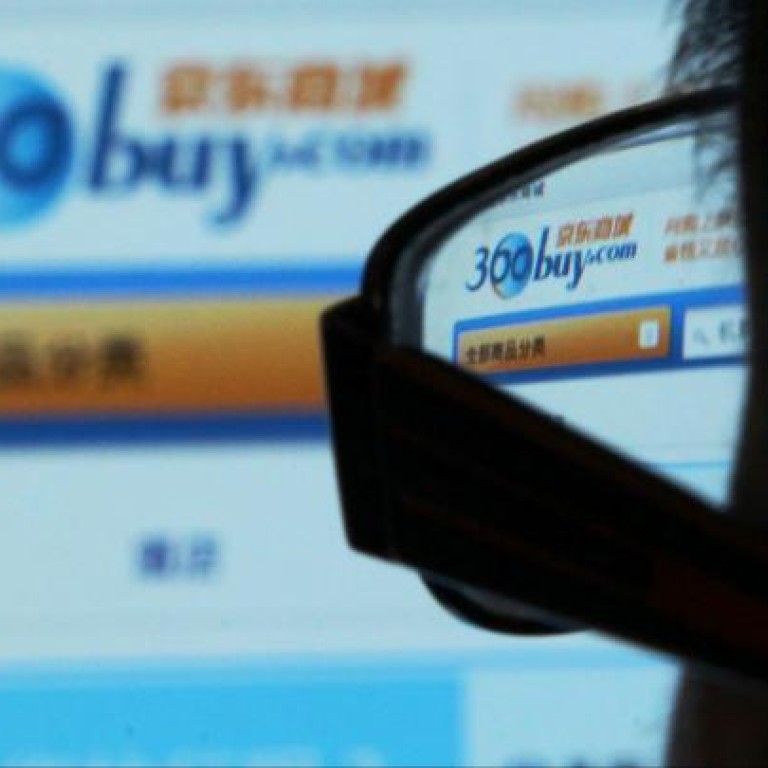
Jingdong Mall raises funds as IPO looms
Jingdong Mall's raising of US$400 million in new funds could be a prelude to an IPO attempt in the next 3-4 months, as the company tries to beat rival Alibaba to market
China's second largest e-commerce site Jingdong Mall may not be good at making profits, but its latest round of mega fund-raising shows it's become quite adept at convincing wealthy investors of its longer-term viability. Equally important, this latest round of US$400 million in new fund raising means Jingdong may still be eying an IPO in the near term, reviving a plan that it launched last year but later abandoned due to a weak market. It would most likely want to make the offering sooner rather than later, since archrival and market leader Alibaba may also looking to make its own multibillion-dollar offering later this year if market conditions remain positive.
Reports at the time of the earlier fund raising in November indicated that deal valued Jingdong at about US$7.25 billion. So it's probably safe to say that the valuation hasn't changed much since then, and Kingdom probably received about 5.5 per cent of Jingdong in exchange for its investment.
This latest capital raising comes nearly two years after Jingdong raised a massive US$1.5 billion at the height of an investment frenzy in Chinese Internet companies, with Russia's Digital Sky Technologies among the investors in that round. At that time Digital Sky estimated Jingdong's market value could be higher than US$10 billion; but since then a bruising and prolonged series of price wars has hammered China's e-commerce sector, with most companies now operating deeply in the red.
With so much uncertainty in China's e-commerce market and investors most likely looking for some quick returns, it wouldn't surprise me if we see Jingdong file for an IPO either in the United States or Hong Kong in the next 3-4 months. Such an offering would seize on a rare window of positive sentiment towards Chinese technology companies that opened late last year, following nearly two years of weakness as investors worried about lax Chinese accounting standards.
Jingdong's potential rush to make an IPO is also no doubt aimed at beating Alibaba to market, since whichever company makes an offering first would inevitably get a premium for its shares. Alibaba hasn't said much about the specific timing of its IPO, but recent moves indicate the company is making necessary preparations so it can quickly make an offering if and when the right window opens up. All that said, 2013 could shape up as a blockbuster year for Chinese Internet IPOs if market sentiment remains positive.
Bottom line: Jingdong Mall's raising of US$400 million in new funds could be a prelude to an IPO attempt in the next 3-4 months, as the company tries to beat rival Alibaba to market.
To read more commentaries from Doug Young, visit youngchinabiz.com

